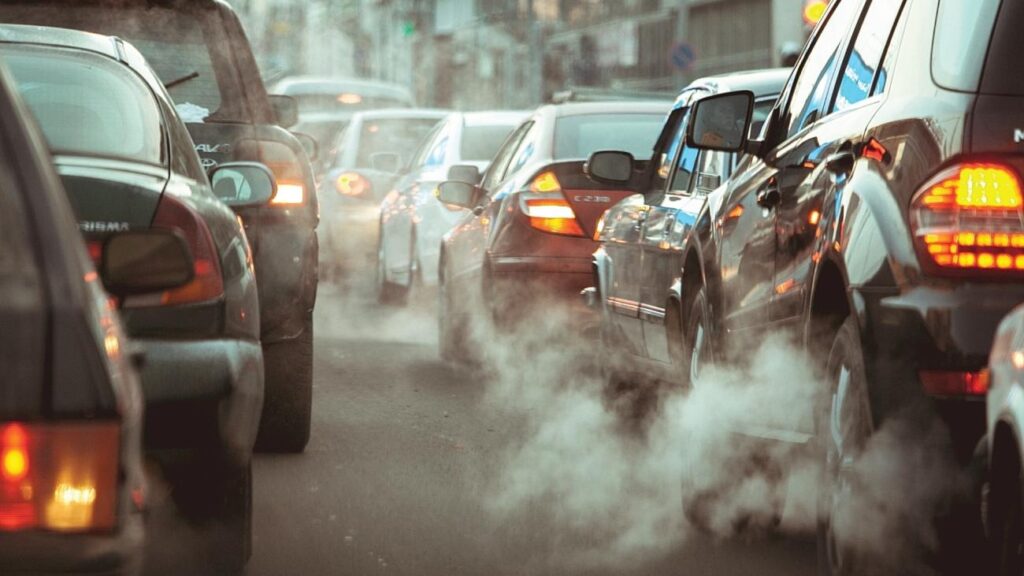In the chaos of rush hour, a silent enemy hides in the air we breathe. Research conducted by the University of Washington opens our eyes to a disturbing reality: even a short trip in traffic can have a substantial impact on our health, raising blood pressure to worrying levels.
Air pollution and health: an increasingly evident link
Air pollution caused by traffic is not just an aesthetic or environmental problem; it is a serious danger to public health. A growing body of research shows how the quality of the air we breathe directly impacts our health, particularly in relation to cardiovascular disease, asthma, lung cancer and other respiratory disorders. The estimate of the annual victims of this type of pollution, as you know, is monstrous. We have often talked about it: 9 million dead, an absurd and intolerable figure.
This latest study from the University of Washington (I link it here) is an important step forward in understanding how polluted air affects our bodies. The team led by Joel Kaufman, professor of environmental sciences, monitored participants' blood pressure levels as they drove through congested urban areas during rush hour. Research has shown that exposure to unfiltered air can cause a significant increase in blood pressure, comparable to the effects of a high-sodium diet.

The role of ultrafine particles on blood pressure
One of the most interesting findings of the study concerns fine dust, very small particles present in large quantities in traffic-related pollution. These particles, poorly regulated and still poorly understood, could have a particularly harmful impact on blood pressure. Another worrying aspect highlighted by the research is the variability of air quality in different communities within metropolitan areas. These disparities have profound implications not only for public health, but also for the quality of life and overall well-being of residents.
Future perspectives
This research highlights the urgency of continuing studies and taking comprehensive measures to mitigate the impact of traffic-related air pollution on public health. Above all, it highlights the importance of policies aimed at reducing emissions and improving air quality, particularly in densely populated areas. The health and well-being of commuters and urban residents depend on our ability to address this pervasive and insidious problem in the coming years.


